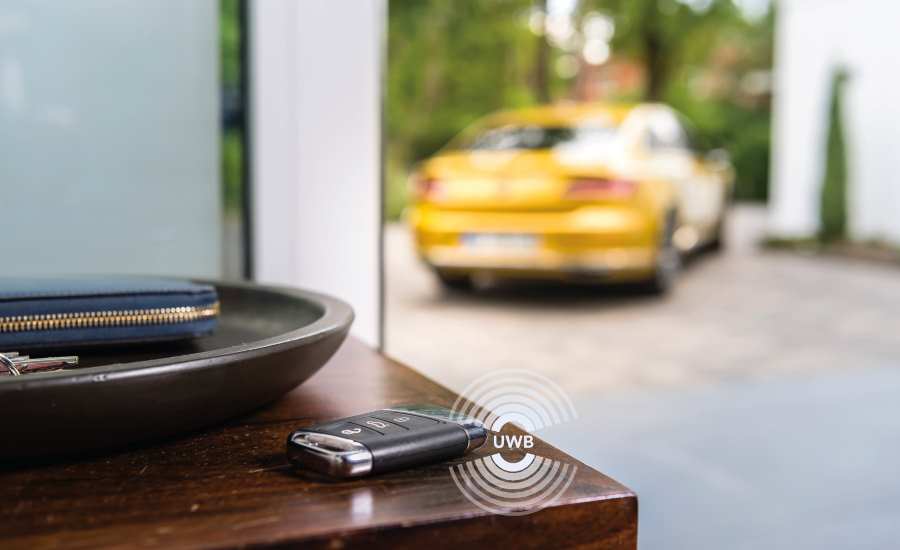Pioneering Flight with Sustainable Aviation Fuel
Virgin Atlantic's Historic Flight
Virgin Atlantic has achieved a significant milestone in aviation history by operating the first trans-Atlantic flight solely powered by sustainable aviation fuel (SAF). The flight, using a Boeing 787 Dreamliner, journeyed from London's Heathrow to JFK airport in New York. This inaugural flight marks a turning point in the pursuit of greener aviation solutions.
Notable Passengers and Perspectives
The flight was not only historic for its technological achievements but also for its distinguished passengers, including Virgin founder Richard Branson, British Transport Secretary Mark Harper, and Virgin Atlantic CEO Shai Weiss. Their presence underlines the significance of this event in the context of aviation innovation and environmental sustainability.
Richard Branson's Vision
Richard Branson, known for his forward-thinking approach, emphasized the importance of action in making what seems impossible possible. His participation in this flight underscores his commitment to pushing boundaries in the aviation industry.
Government's Role and Support
Mark Harper pointed out the flight's demonstration of decarbonizing transportation. The UK government has shown substantial support for the emerging SAF industry, recognizing its potential to create jobs, boost the economy, and achieve the 'jet zero' goal. This flight is a testament to the government's commitment to sustainable aviation.
Regulatory Oversight and Funding
The Civil Aviation Authority conducted extensive assessments, including ground tests, to ensure the flight's safety and compliance with regulations. The UK government also provided significant financial support to Virgin Atlantic, granting up to £1 million for planning and executing the Flight100 flight.
The Importance of SAF in Aviation
While SAF is currently more expensive than traditional jet fuel, its role in reducing aviation's carbon footprint is undeniable. SAF, primarily made from green sources like agricultural waste and used cooking oil, can reduce carbon emissions by approximately 70%. However, it currently constitutes only a small fraction of the global aviation fuel supply.
The Global Context and Challenges
Challenges in Scaling SAF
The Aviation Environment Federation (AEF) has raised concerns about the practicality of scaling SAF production. Cait Hewitt, the policy director of AEF, emphasized the current limitations of SAF in significantly reducing CO2 emissions from aviation and the importance of flying less as an immediate solution.
Future Goals and Milestones
The UK's SAF Mandate
The UK's Department for Transport (DfT) has mandated that by 2030, at least 10% of fuel used by English airlines should come from green feedstocks. This target emphasizes the need for increased SAF production, both domestically and through imports.
Ambitions for SAF Production Facilities
The UK aims to establish at least five commercial SAF plants by 2025, a goal that Transport Secretary Harper asserts the country is on track to achieve. This ambition reflects the UK's dedication to leading in the development of sustainable aviation fuels.









